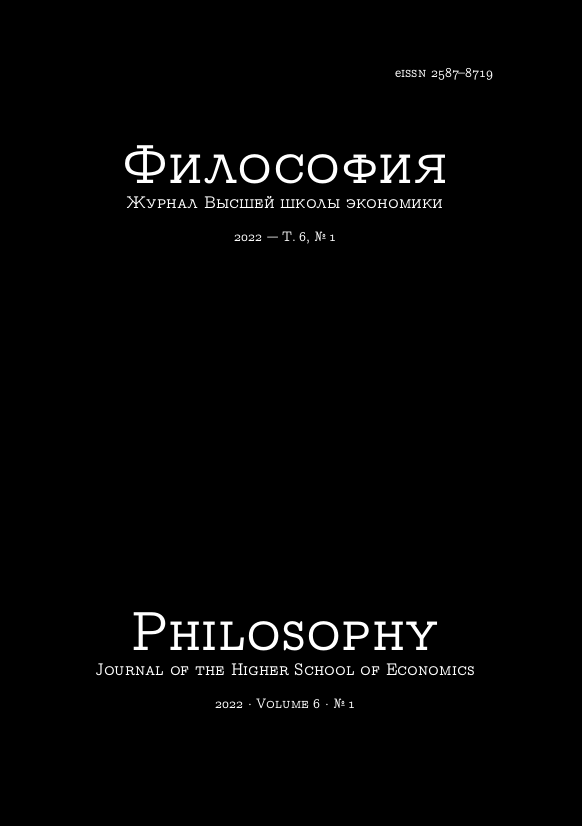История философии Раннего Нового времени в России
казус Архимандрита Гавриила
Аннотация
Данная работа представляет собой первую часть исследования, посвященного становлению и трансформации канонического изложения истории философии Нового времени в русскоязычной философской литературе. Начиная с последних десятилетий XIX века в европейских и американских учебниках по истории философии окончательно фиксируется канон новоевропейской философии, который представлен нарративом о противостоянии двух главных эпистемологических традиций Нового времени: рационализма (в лице Декарта, Спинозы и Лейбница) и эмпиризма (в лице Локка, Беркли и Юма). Однако такое изложение истории новоевропейской философии возникает в противоборстве разных традиций (кантианской, гегельянской, позитивистской и пр.), каждая из которых предлагала свои схемы классификации и упорядочивания философских систем Нового времени. Отражение этой борьбы можно найти в появляющейся в XIX веке русскоязычной учебной литературе по истории философии. Поэтому задача данного исследования — рассмотреть и проанализировать образы философии раннего Нового времени в русскоязычной учебной литературе первой половины XIX века, чтобы выявить основные тенденции в формировании канона новоевропейской философии как с точки зрения его главных представителей, так и с точки зрения нарратива, который описывает динамику развития философской мысли XV–XVII веков. В центре рассмотрения данной статьи находится многотомная «История философии» (1839–40) архимандрита Гавриила (Воскресенского), которая оказывается проводником французского влияния на российскую традицию историографии философии. В работе показано, что архимандрит Гавриил заимствует основную канву своего повествования из учебника по истории философии Селестина Иппо, который, в свою очередь, опирается на схематизацию историко-философского процесса, предложенную Виктором Кузеном.
Скачивания
Copyright (c) 2022 Философия. Журнал Высшей школы экономики

Это произведение доступно по лицензии Creative Commons «Attribution-NonCommercial» («Атрибуция — Некоммерческое использование») 4.0 Всемирная.






